Producer’s Pride Whole Corn Poultry Feed, 50 lb.
When it comes to keeping your animals healthy, a proper diet is key. Producer’s Pride Whole Corn is a supplemental feed that provides energy for cattle, sheep and goats. Picked from premium quality grain, this all-natural corn is a delicious and affordable way to feed the farm.
Feed for the Whole Farm
When it comes to keeping your animals healthy, a proper diet is key. Producer’s Pride Whole Corn is a supplemental feed that provides energy for cattle, sheep and goats. Picked from premium quality grain, this all-natural corn is a delicious and affordable way to feed the farm.
We Love Animals and Know Just What Their Bodies Require
Who better to make food for pets than farmers? At Tractor Supply Company, we bring our deep passion for land and animals to the center of our products and services. By sourcing the best produce, utilizing water purification processes and thoroughly testing our formulas, we guarantee excellent quality food for your animals.
About This Formula
Producer’s Pride Whole Corn is a supplemental feed that provides energy and diversity to your animals diets. This non-fortied feed contains wholesome nutrients for cattle, sheep and goats.
This product is manufactured in facilities that follow and are in compliance with the FDA-BSE Rule (21 CFR 589.2000-01) and fully comply with the Food and Drug Administration’s current Good Manufacturing Practices.
*Labeling requirements vary from state to state. For an accurate list of ingredients and guaranteed analysis in your region, please refer to the label affixed to the feed product.
Additional information
| Food Form | Corn |
|---|---|
| Poultry Life Stage | Adult |
| Product Weight | 50 lb. |

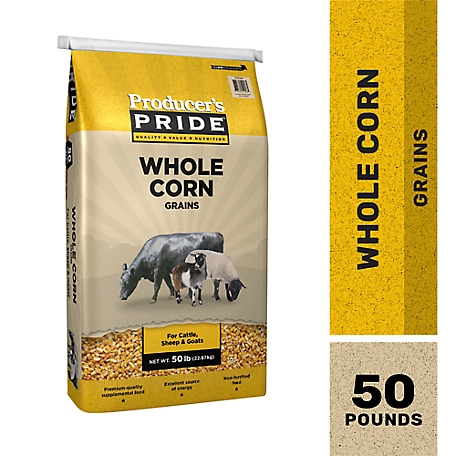
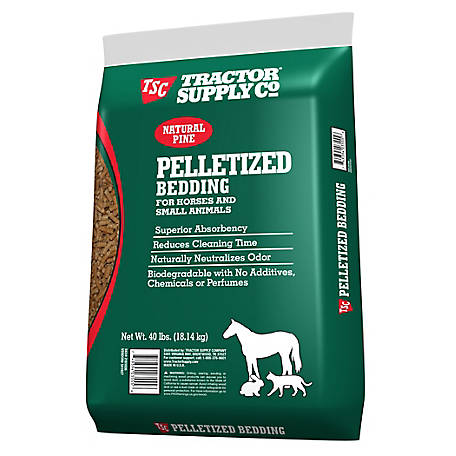
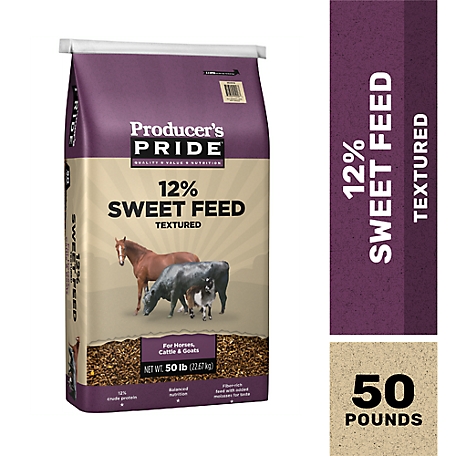
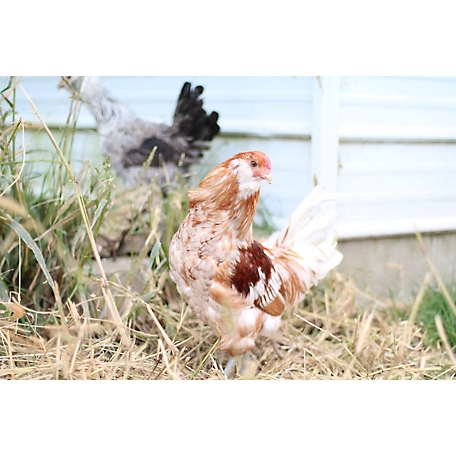
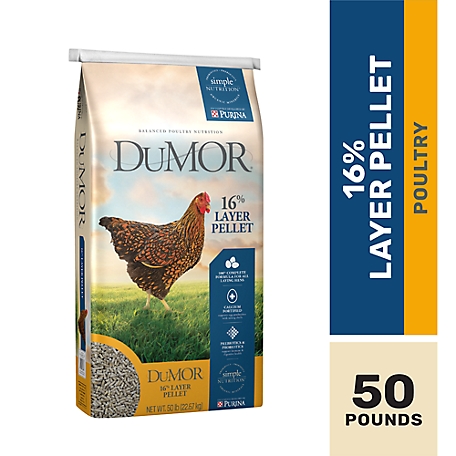
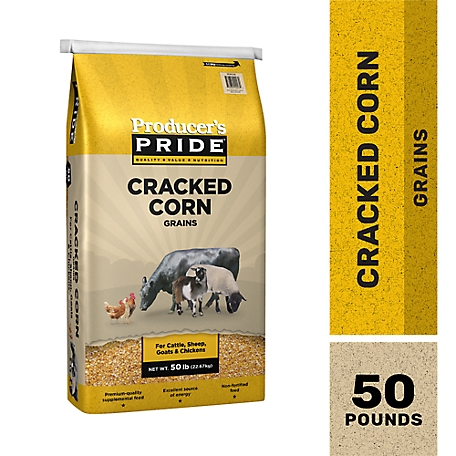
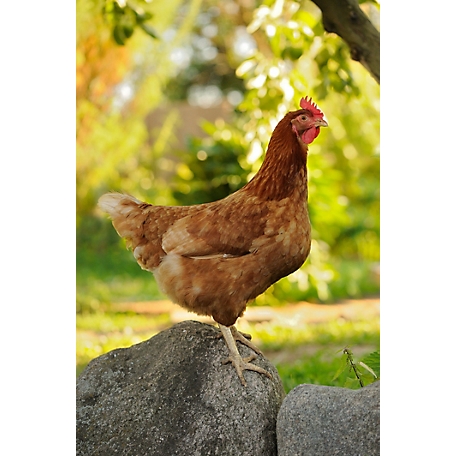
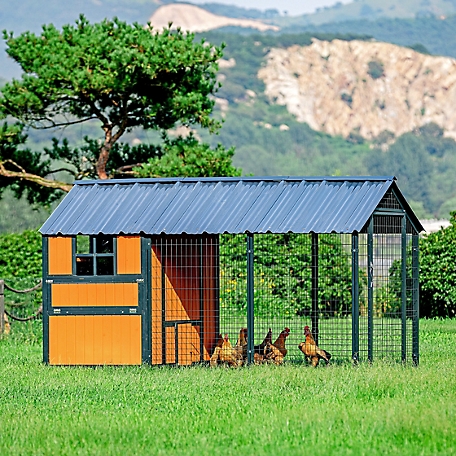

by Bob
The goats love this. They sort it out from their pellets and eat it first. It’s how we finally got one of the goats to hand feed
by Dunkin
Nice product, the deer love it! I mix peanuts and the black seed in with the corn, it prevents bloat for the deer. They love it and visit often.
by Teresa
This Corn is a quality product! The deer that come to our yard really seem to eat it well and the price was comparable to other brands. Will buy again.
by John
The deer LOVE it! I put it out in the morning and it is always gone later that day. All pieces are whole. Not too much corn “dust”.
by Bryn
Where I live, there are many crows. It’s an economical way to give them sustenance. I prefer whole corn since it’s not as dusty as the crushed corn.
by Sirkka
Good quality at a reasonable price. It keeps the birds and squirrels happy And provides lots of entertainment.
by Burke
This Is good whole corn, The poultry all eats it as well as the Red Bird Cardnials .It even volunteer sprouts and grows the next year if nothing eats it. reasonable price to but it is clean dry corn for sure.
by Sunny
Ordered online and curbside was ready in less than 25 minutes. Corn was decently priced, it was a bit dusty when I emptied it into the feeder.
by Fabian
My Deer and Ducks love this corn. No matter how much I put out everyday they won’t leave until it’s all gone
by Eddie
I’ve been buying this corn for a few years now and have been very satisfied. A few larger pieces of the cob now and then but not a big deal to me.
by Dennis
Good cheaper substitute for deer corn in feeders as it’s fairly clean, but once in a while it has had some mold from being stored incorrectly at TSC.